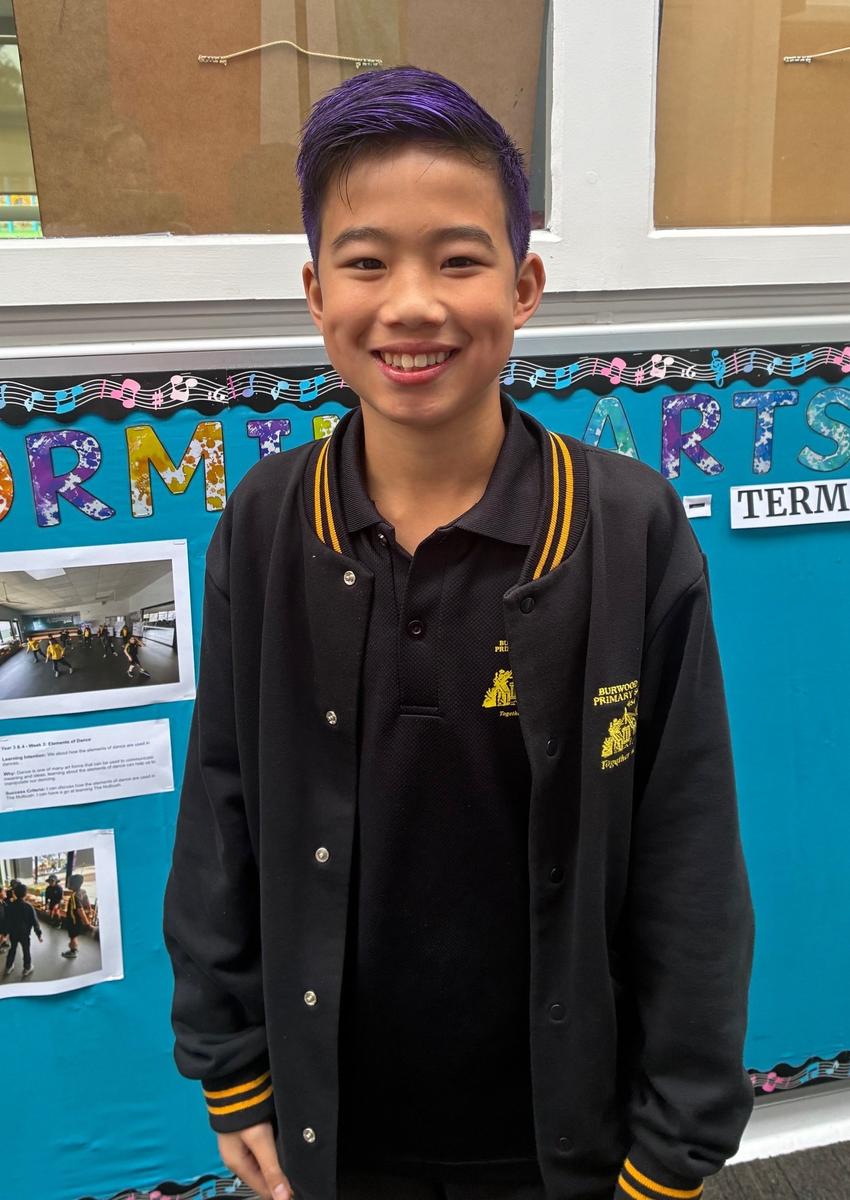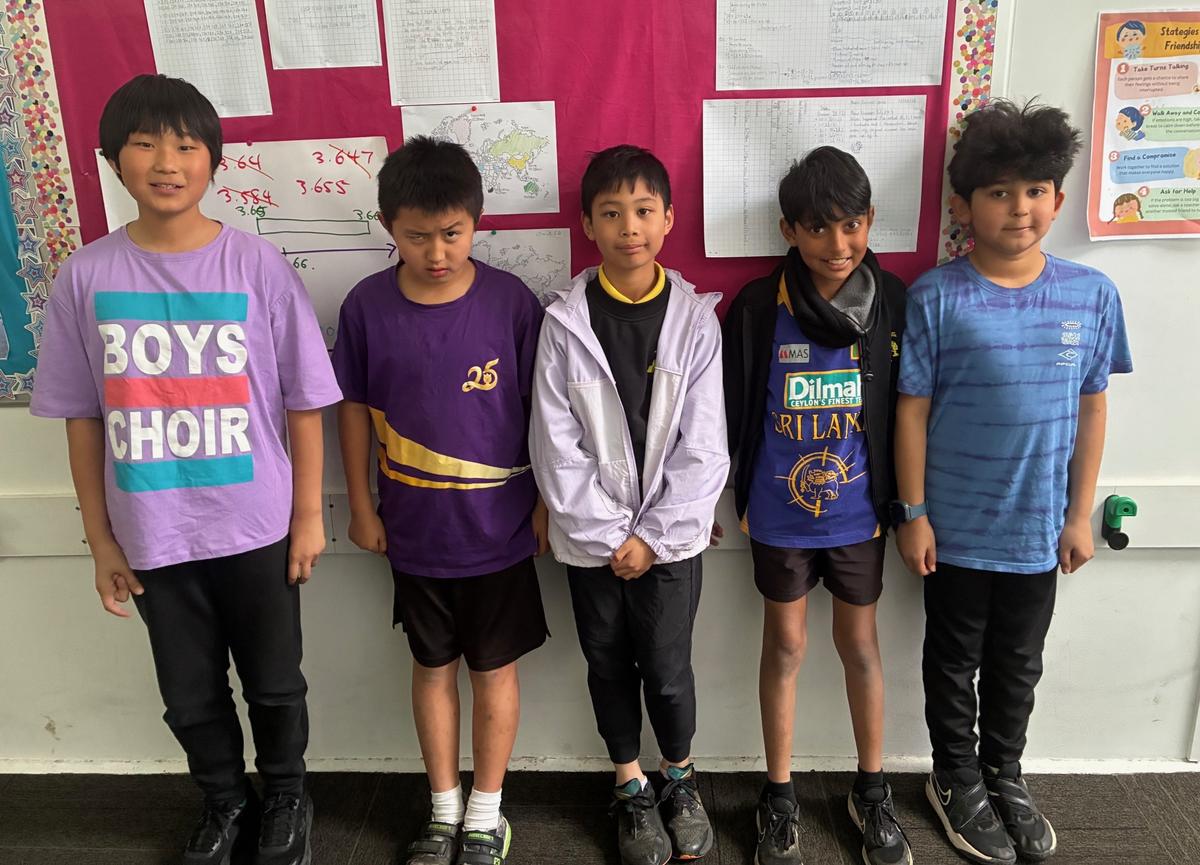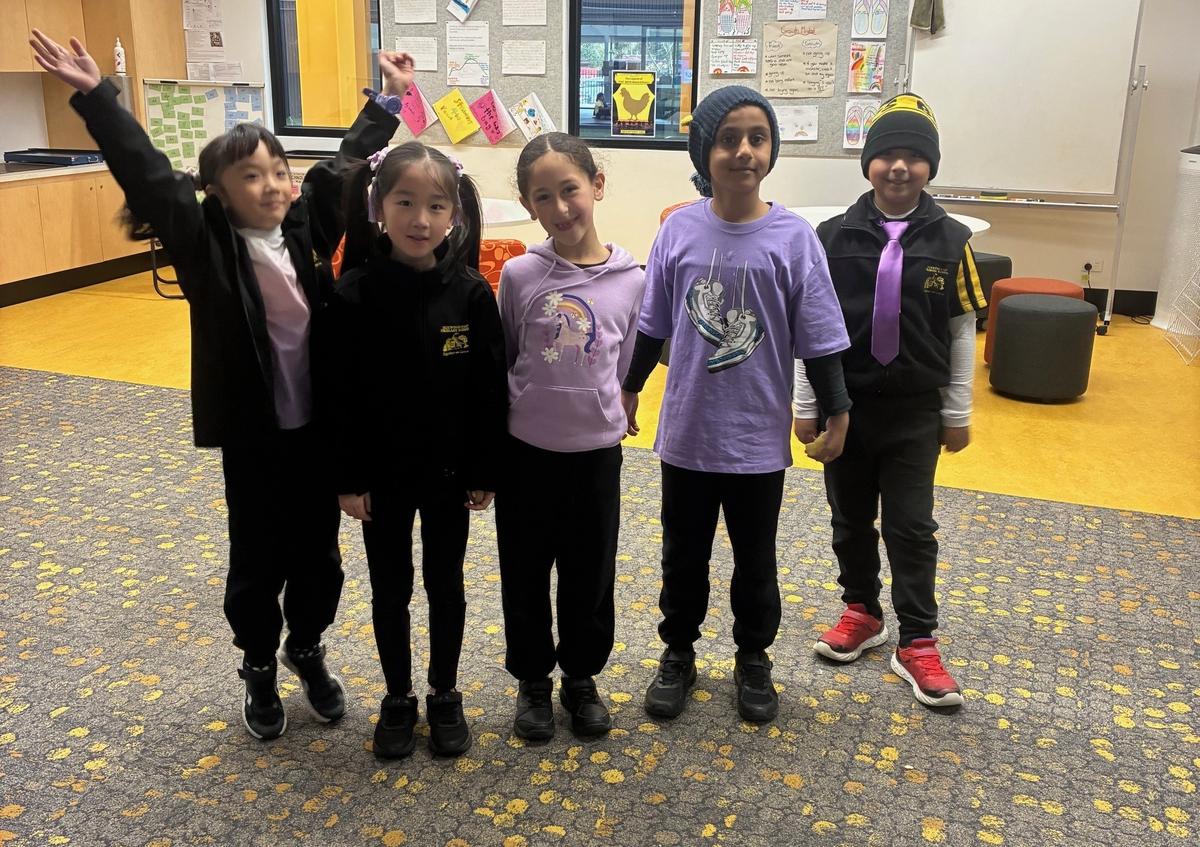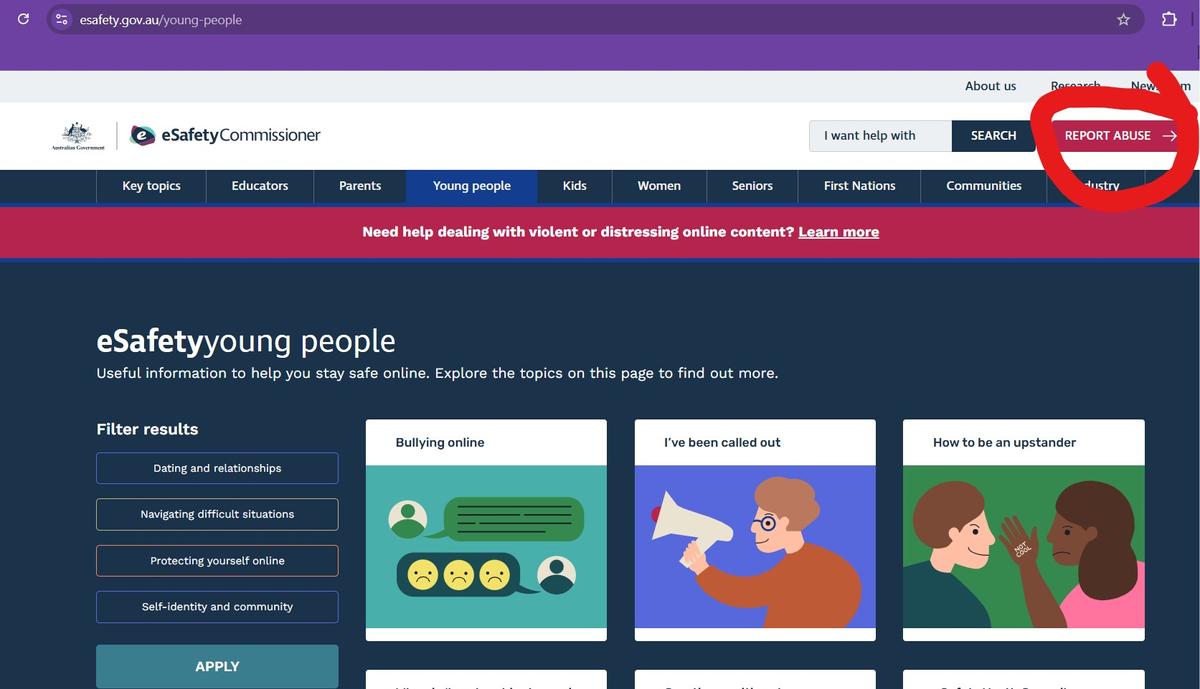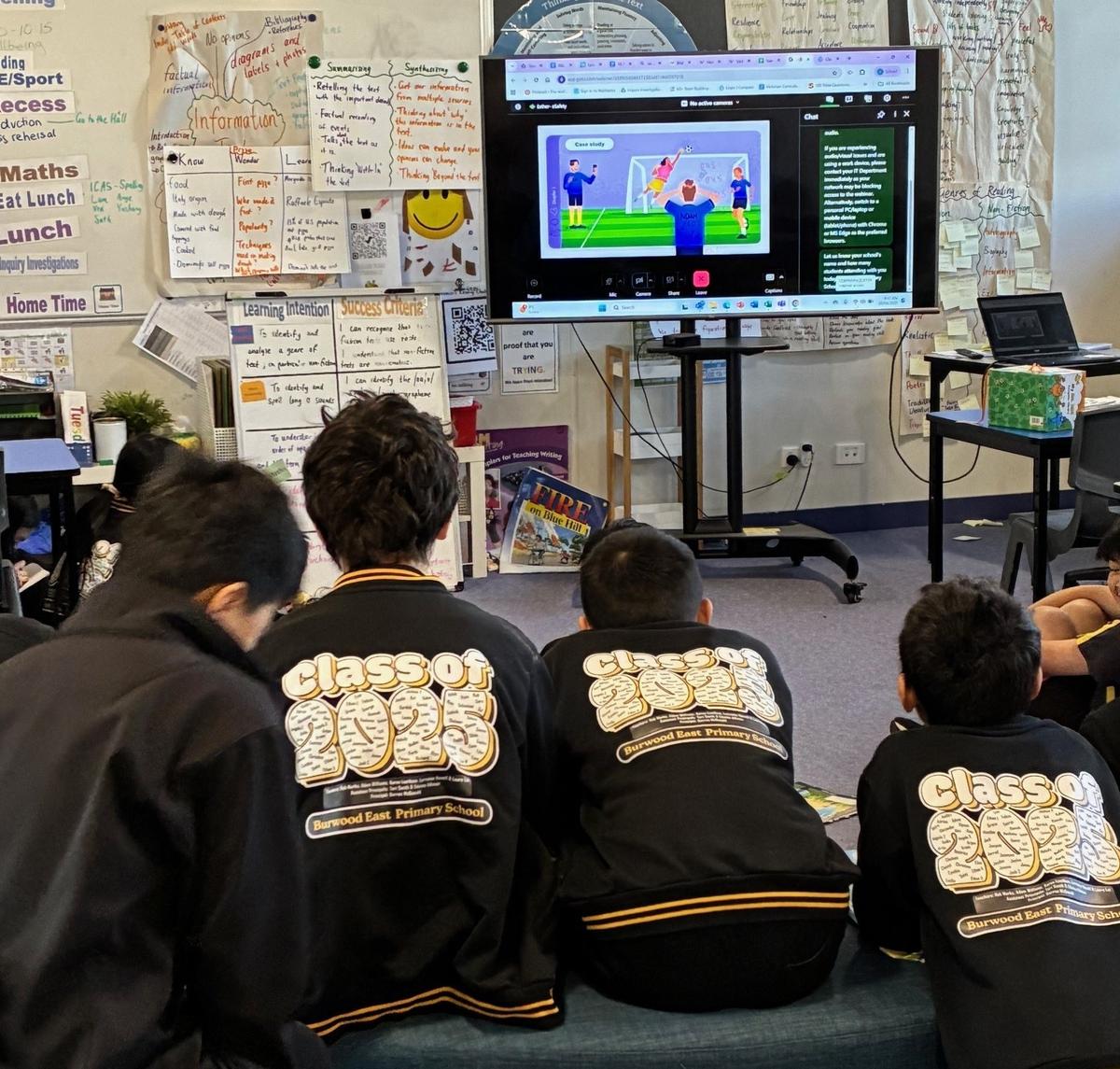National Week of Action Against Bullying
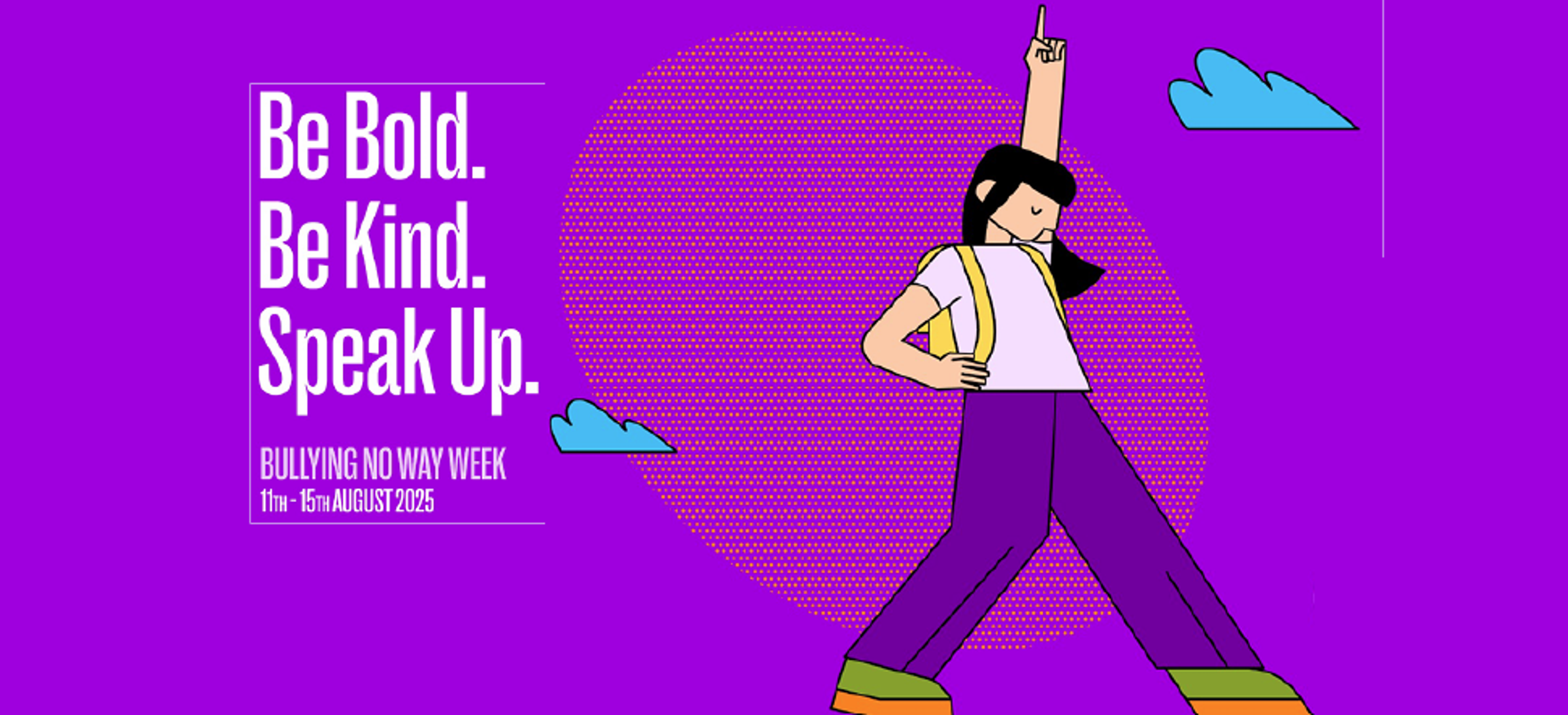
National Week of Action Against Bullying
Week 4 of this term was the National Week of Action Against Bullying.
As part of this, students did activities in their classroom and we had a “Wear a Pop of Purple” day on the Friday to show our support for the message of 'Be Kind, Be Bold, Speak Up!'
Our Year 5 and 6 students also participated in two workshops, the URSTRONG workshop about managing changing friendships in Week 4, as well as a workshop on how to be respectful and empathetic in online chat situations on August 20th.
Thousands of students across the country joined the online workshop run by the eSafety Commission. In this session, the students first discussed why cyberbullying might occur, and then explored case studies and looked at different strategies that young people could use when they see cyberbullying and when they personally experience it.
The students suggested factors that might cause cyberbullying as things like: someone upset with someone else about something, wanting others to like them, as a “payback” for something they feel the other person has done (whether they have or they haven’t done something wrong).
The presenter also suggested that people might do that as they might think it will make them more liked by others (even if that isn’t the case).
Being empathetic was a key message- when no one says anything, it comes across as accepting the unkind actions, and also makes the person who is the target feel abandoned like no one cares. If you do nothing, then nothing will change.
The presenter suggested that checking in on the person is one of the actions others in the chat can take- simple actions like privately messaging them or asking them, “Are you ok?” or “Do you want to talk about it?” can help the impacted person feel like they aren’t alone and is a simple way to be an upstander.
Being respectful is the other upstander action you can take, saying things like, “That’s not nice, let’s all be respectful." People might be worried that that action would then mean they get targeted, but the research shows that it's more likely that it will encourage others to join in to stand up, like a domino effect.
The presenter then went on to highlight the need to seek assistance from your trusted team- that team might include friends and trusted adults, like parents or teachers, and while it can be okay and helpful to get support from peers, it's also possible the peers won’t know what to do or might give confusing advice. That’s why seeking support from trusted adults is so important.
We know that sometimes young people worry about being perceived by their peers as a 'snitch' for seeking support from adults, but did you know that young people also worry about getting in trouble, or getting their online access restricted or taken away, which can prevent them from seeking adult support at times. Something important for all of us to be aware of!
The presenter also showed the students the steps to take to report cyberbullying to the platform it occurred on, such as taking a screenshot, reporting the username if known (for example, if someone makes a fake account of you or someone else, report the fake account name) and then if no follow-up occurs, reporting it to the esafety commission by clicking the red report button at esafety.gov.au.
On this page, there are also links to a parent workshop about supporting young people to be safe online which would be a great follow-up for any parent, whether your child is chatting online (in games, or through apps) or not.

